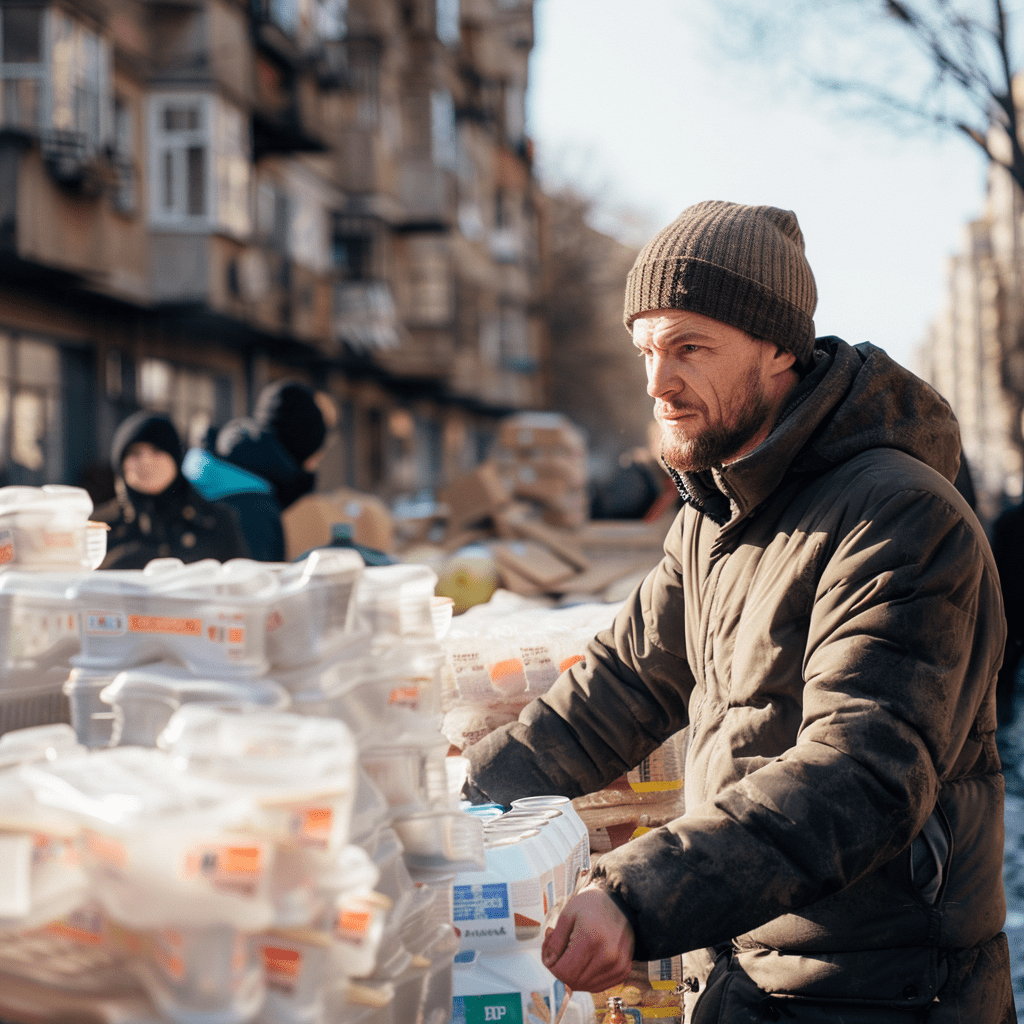
Main narratives:
- Defence of Latvian businesses trading with Russia, emphasising economic necessity and legal compliance.
- Critiques of increased EU sanctions and inclusive language policies as overly complicated and potentially harmful to local interests.
- Mistrust about the legitimacy of COVID-19 and the motivations behind digital currency initiatives.
- Concerns over censorship indicate governmental fear of dissenting opinions.
- Discrepancies between official reports of humanitarian aid and actual restrictions highlight issues in international relations.
Overview:
In the examined week, the content primarily surrounded issues relating to the continued export and cooperation with Russia and Belarus and other narratives related to COVID-19 and lgbtq issues. Regarding content, TikTok remains the platform that can garner the most significant engagement; similarly, in prior weeks, engagement remains considerably low on Facebook and Twitter. In the examined week, there have also been anti-EU narratives that have been interlinked with the necessity to continue exports to Russia as the contrary would be to quote, “asking to commit suicide”. The anti-EU narrative is linked with the idea that sanctions should not be increased as they will ultimately hurt Latvia more than, for example, more Western states. The comment section indicates primarily positive responses, agreeing that Latvia should cooperate with Russia if it is more economically beneficial. Another narrative in this regard has been that only wealthy people support the increase of sanctions and stop all exports as they would not be as financially impaired as the lower class, thus trying to push more populistic narratives.









